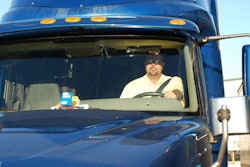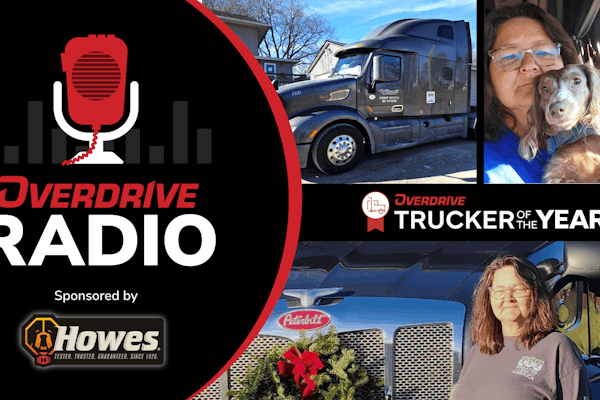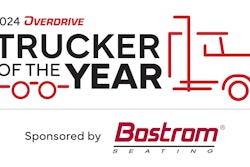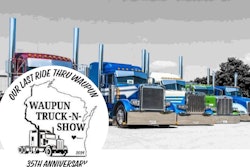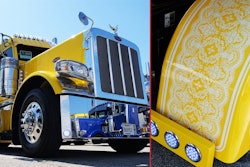So I was going to start out all snarky, and point out a glaring difference between the words “skill” and “ability,” but it turns out there really isn’t much difference in the true definitions. Both words establish a level of competence, but only one will increase your insurance premiums.
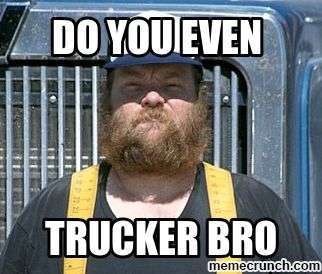
One thing is certain — you can’t have one without the other. (Skill and ability, not the alien part — I was digressing, yet again, but you knew that. Carry on:) You must have the ability to perform a task in order to become skillful at it. I had every intention of sharing with you the Bureau of Labor Statistics’ definition of skilled labor, but their Occupational Outlook Handbook glossary doesn’t contain one. As a matter of fact, the word “skill” is used infrequently and never to describe labor within anything I’ve read in it. (Here’s my disclaimer – I use this handbook quite often for reference, but I’ve never read the whole thing.)
Truck driving has long been called an unskilled trade, which we all know is untrue. It will become even less true when the pre-CDL driver training mandate becomes effective, because there will be required formal education. And while the statement that “truck driving is an unskilled trade” is untrue, it’s a lie that actually gives a break in one respect, while affecting wages in the other.
Here’s an example of the double- edged blade when assuming the jump from unskilled to skilled.
When I was a nurse’s aide, I wasn’t considered professional or skilled labor, even though I had to have a special license to be one. My work included close, personal and more frequent contact with the resident than any of the professional staff, and yet my pay scale and level of importance on the proverbial totem pole reflected a distinct deficit. The longer I did the job, the more it became evident I would have to gain a professional license to make the money and have the respect I wanted within my chosen career of healthcare.
I obtained a Licensed Practical Nursing certificate and went back to the long-term care facilities as a professional. I made five dollars more an hour and I was responsible for signing my name to documents that could be taken to court to sue my eyeballs out and take away my professional license I worked so hard for about 150 times a day. I had to carry malpractice insurance. I was held to a higher standard not by my ability to perform within my profession, but my ability to avoid getting sued. I made more money, I had a little more respect, but I didn’t find the trade-off equitable or fair in any way. I also had debt from school loans. Being a “professional” was not all I had thought it would be.
There have been recent comments made publicly about trucking being an unskilled profession that raised hackles, and rightfully so. It stings to hear your ability denigrated, especially when the image of trucking is already so poor. Personally, I know and have seen with my own eyes some professional truckers who are absolutely skilled above and beyond compare. And guess what? They make pretty good money without the title. They show up, they do their job in a safe and professional manner, and they get the job done right. They might not be called skilled labor, but their skills are why customers seek their services, time and again.
Beware the trappings of titles, they may only mean a difference in insurance premiums, and being a professional doesn’t require one.



